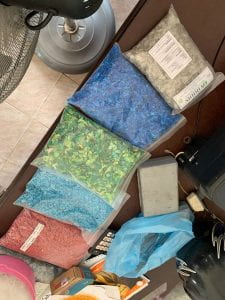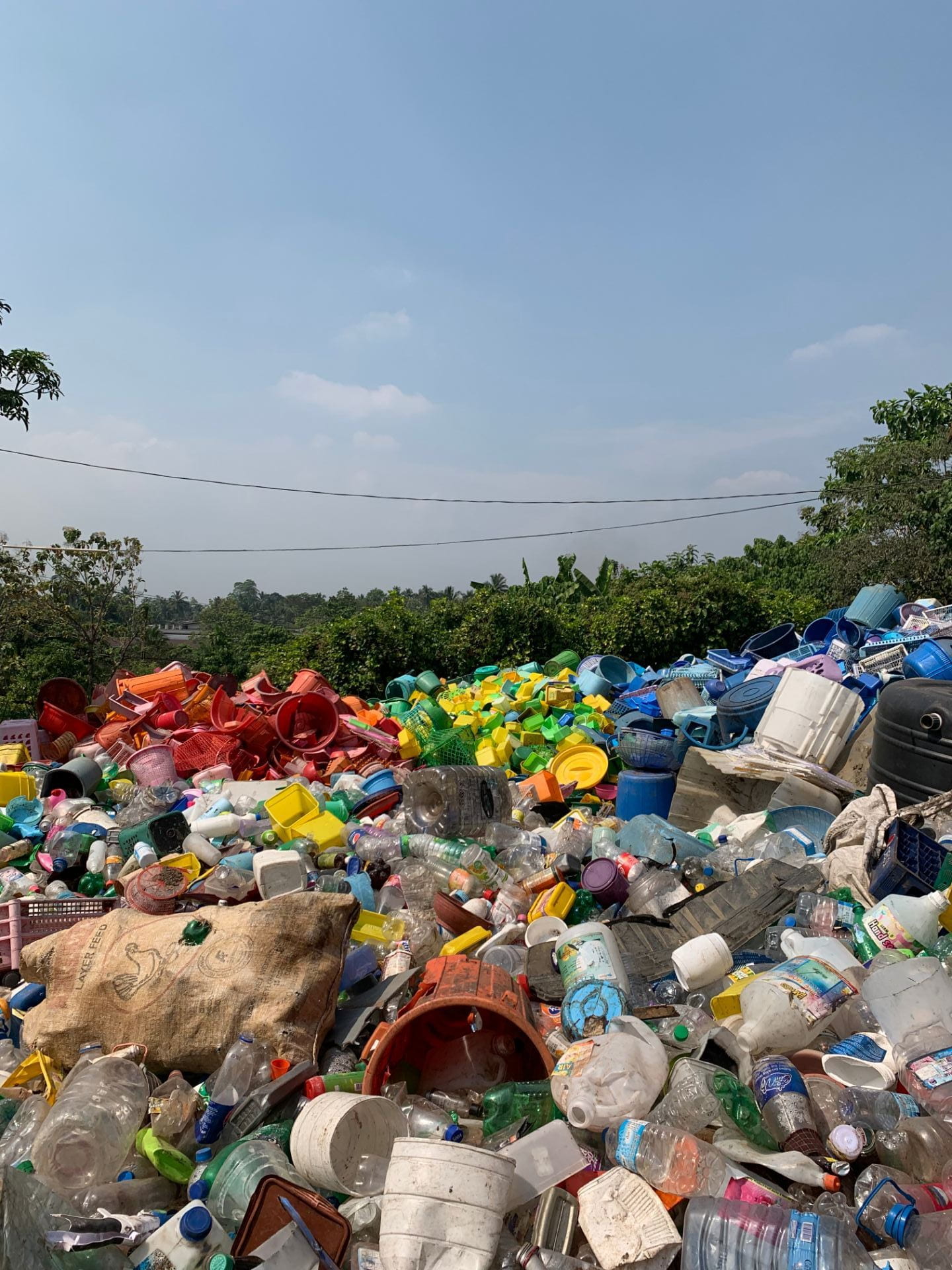
Last week, our geography class took a trip to the Viridis plant in Panagoda as a part of our global consumption and security unit. Viridis is an organization that works towards managing mixed plastic waste within Sri Lanka, their aim is to make sure that all of their practices are in accordance with the Central Environment Authority Rules and guidance. This business was created because the owner, Stewart Phillips noticed that much of Sri Lanka’s plastic waste would end up in natural ecosystems such as the ocean, the environment became the community’s dumping site. In the past 12 years, Viridas has been responsible for recycling 10,000 metric tons of plastic in the country. Due to their hard work, the same 10,000 metric tons of plastic have been kept away from the ocean and other bodies of water. They have also prevented a large amount of plastic from going into landfills or being burned (“About Us”). There are many ethical, social and environmental implications regarding these methods.
During our visit, we spoke to an employee at the center, Nilantha who took us through the processes going on at Viridis. Some observations that I made right as we entered where the plastic was organised by colour and type. There were massive piles of plastic encompassing the building and it was quite surreal to see how much waste can accumulate to by a few people using plastic bottles. Nilantha mentioned to us that Viridis is a profit organization, this basically means that they have been trying to make money off of plastic waste by selling it in flake and pellet form, monofilaments and synthetic fibres to companies for reuse. This is an innovative idea in terms of targeting the plastic problem but Nilantha said that it is difficult to make a profit as the prices of petroleum are low and virgin plastic is worth very little. He described the relationship between the global price for petroleum, prices for virgin plastic and incentive for people to recycle or reduce waste. If petroleum prices were higher, the price of virgin plastic would also increase, therefore, people would be less likely to useplastics, more conscious about reusing plastic that they buy (Nilantha).
When we were taken through the factory, we were able toobserve the processes going on inside. The cleaning process when plastic is initially taken to the center involve a series of steps. The employees have to separate the waste by type of plastic and color, according to their website, some plastic types that we believe they recycle include: polyethylene terephthalate (PETE), high density polyethylene (HDPE), low-density polyethylene (LDPE), Polystyrene (PS) and others (“About Us”). Nilantha said that there are some plastics which are much harder to recycle than others, for example, polypropylene (PP). After sorting them, they need to remove labels. We noticed that most of the labels that they took off belonged to companies such as Elephant House, Sprite and American Premium Water. The next step is to remove bottle caps and seperate them because they are made from a different plastic from the bottles that they belong to most of the time. Then, they put the bottles through a shredder which turns them into flakes or other forms as mentioned above. They are washed in large containers or machines and finally, they are dried in ovens and ready to be packaged (Nilantha).

Towards the end of the visit, Nilantha talked to us about what the community needs to do in order to help the cause. These small steps could be: separating plastics in households and communal areas, washing any plastic products and removing bottle caps and labels before taking them to recycling centers, and REDUCING PLASTIC USE IN GENERAL! We also learned that Viridis virtually gets no aid from the government as Nilantha mentioned that they do not have much concern regarding the environment and plastic use in Sri Lanka (Nilantha)s. This visit has definitely opened my eyes to the gravity of plastic use in the country as the government does not seem to be involved in protecting the environment and many people still do not understand the importance of recycling and reducing plastic. As a student in a community that educates me about the use of plastic and being surrounded by people who have a great appreciation for the environment, I have become increasingly passionate about the ongoing ecological crisis. There are many companies that are not thinking about where their products end up and we, as a community need to question them on this. If we start to take small steps like this, we can invoke great change within Sri Lanka. I think Viridis is a very important initiative that more people need to be aware of and support. This can be achieved by educating peers about plastic waste and methods to reduce their ecological footprints.

Works Cited
“About Us.” Viridis Recycle, www.viridisrecycle.lk/about-us.html. Accessed 17 Feb. 2020.
Lockwood, Ian. Interview. 17 Feb. 2020.
Nilantha. Interview. 7 Feb. 2020.
